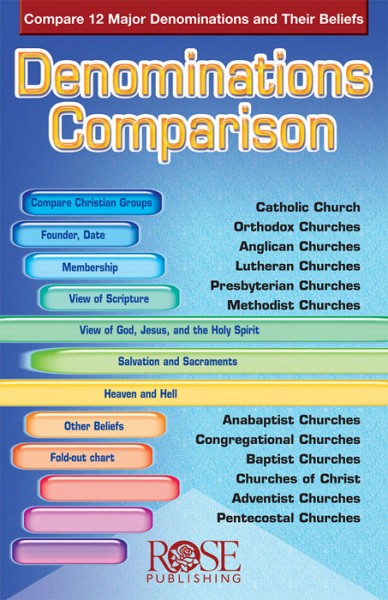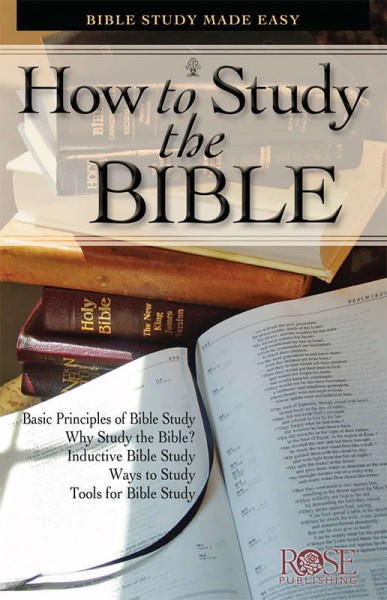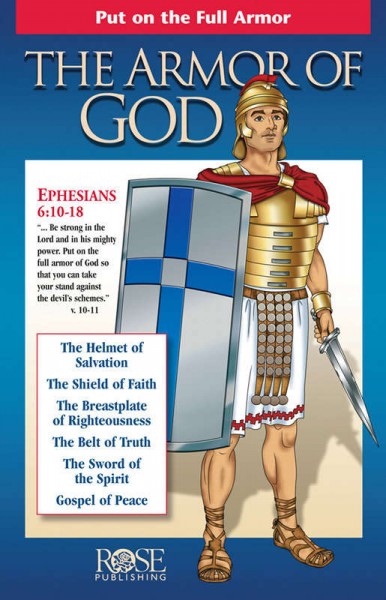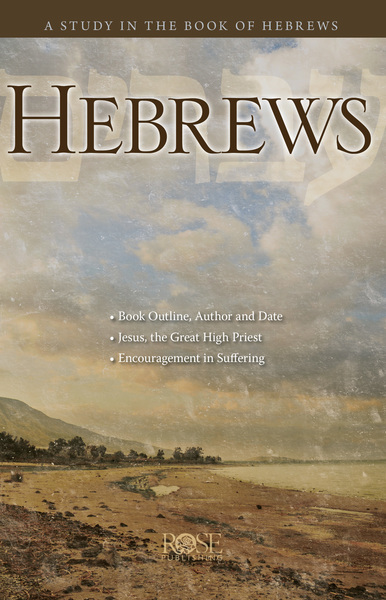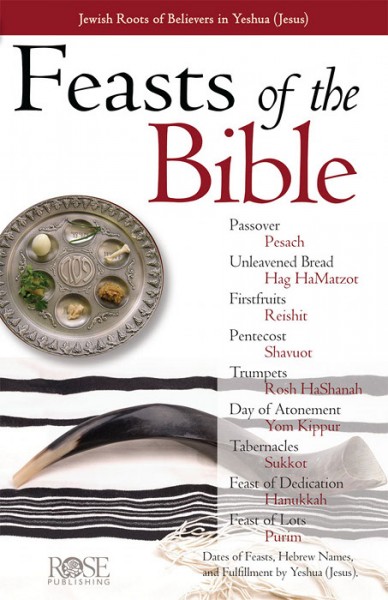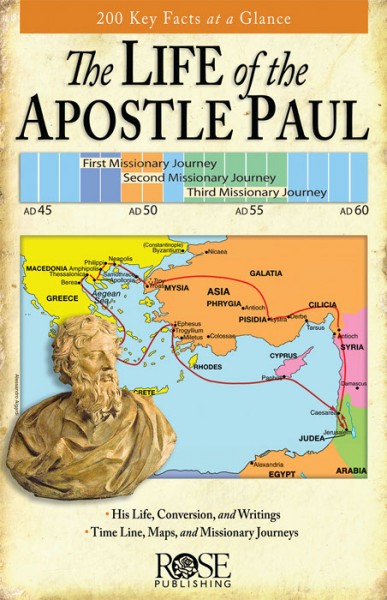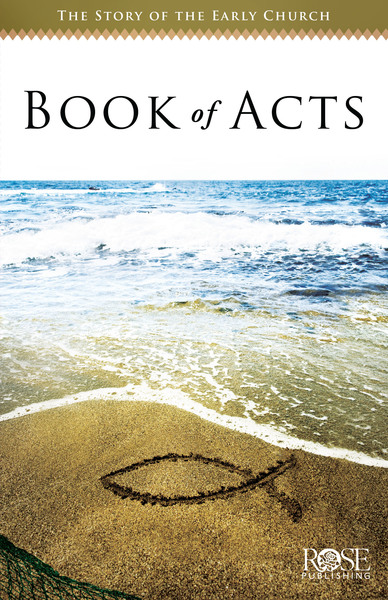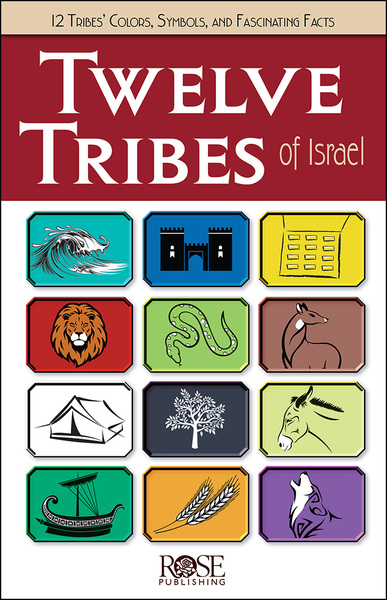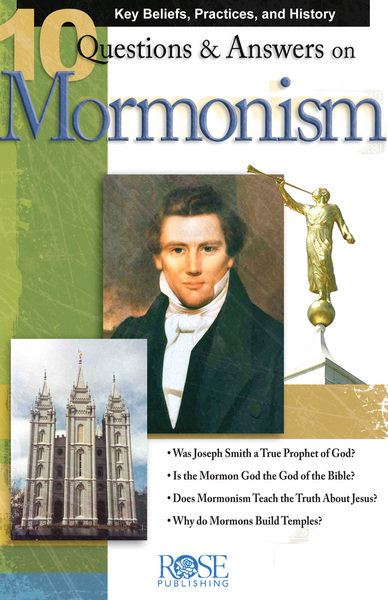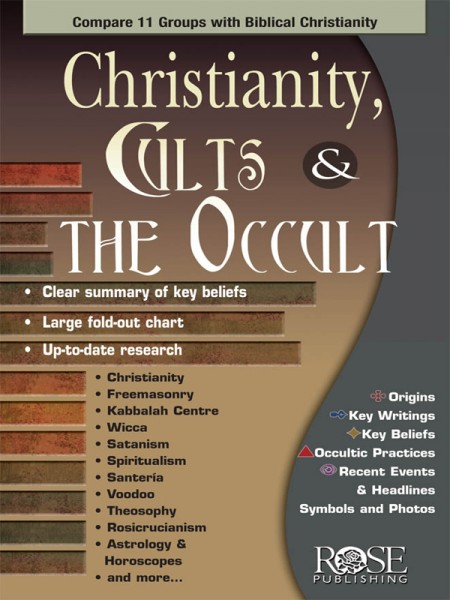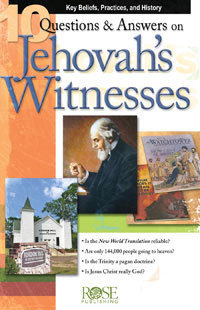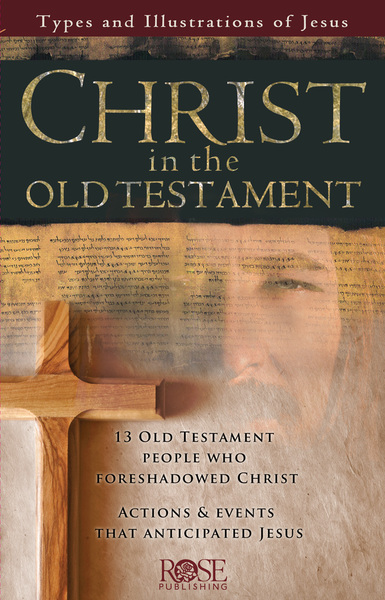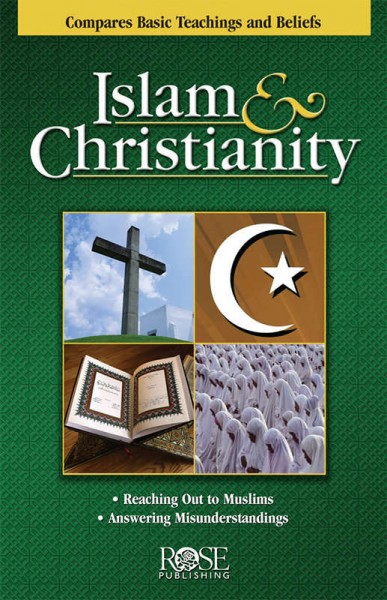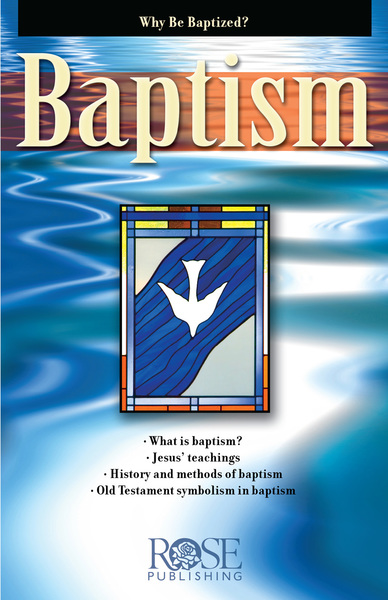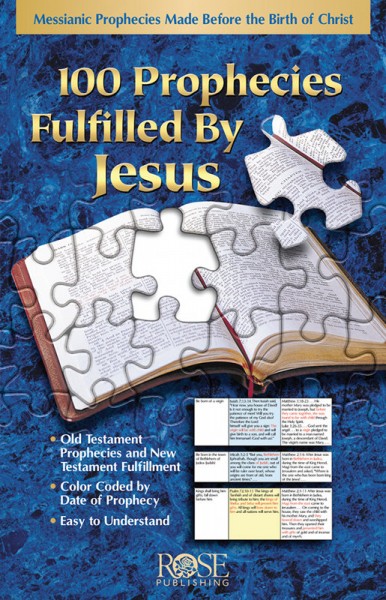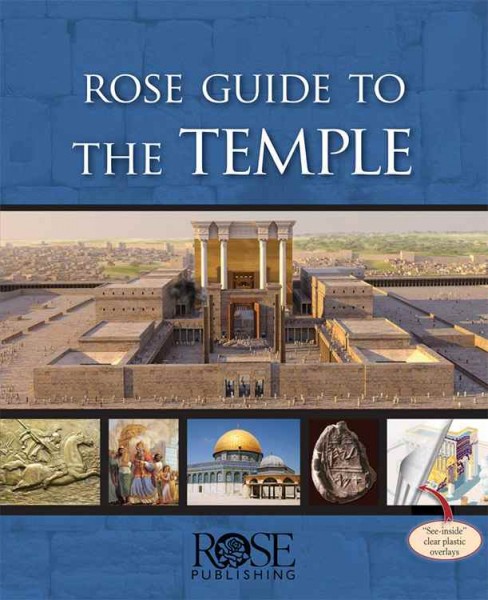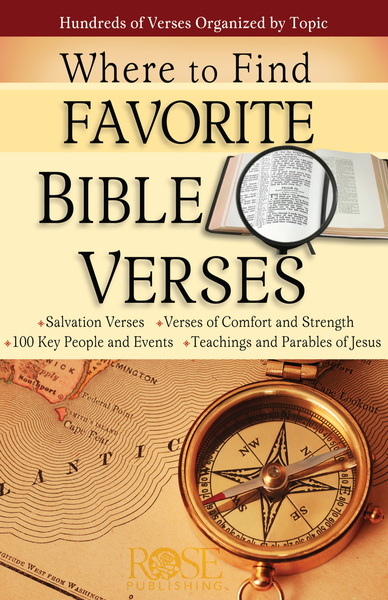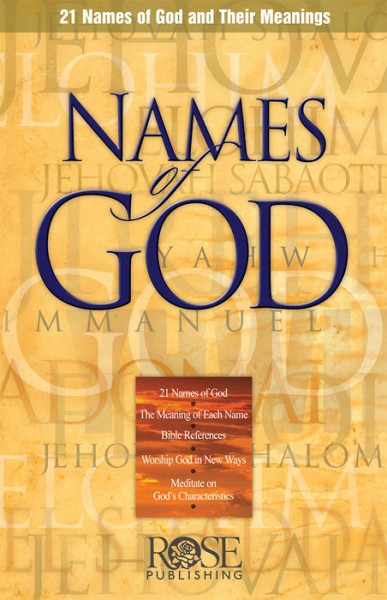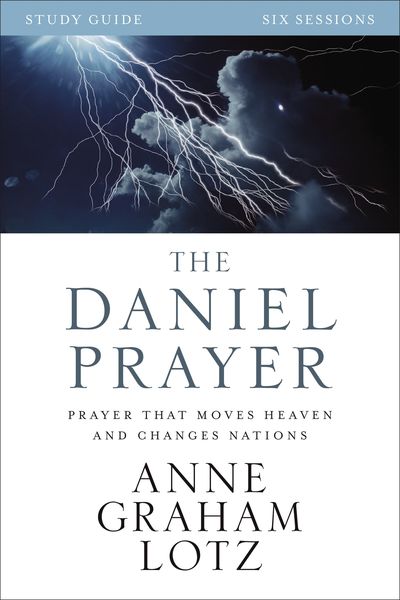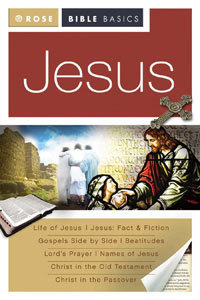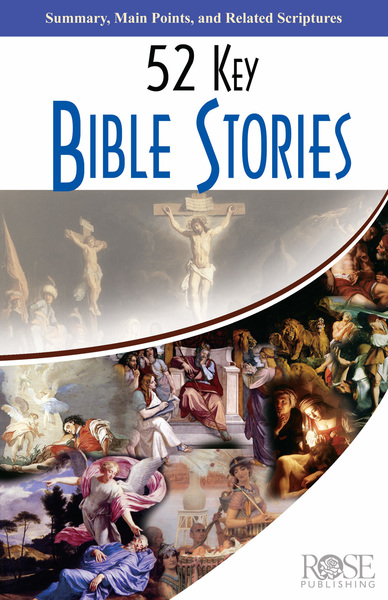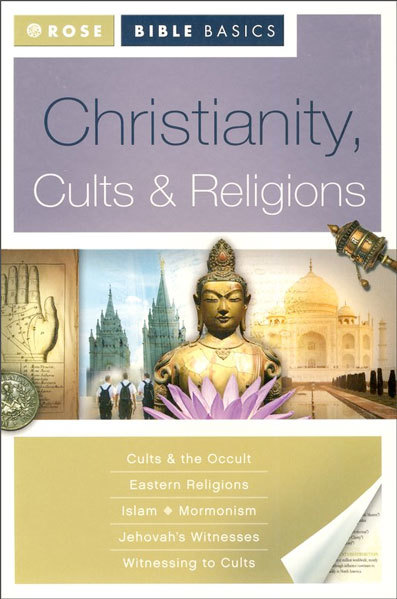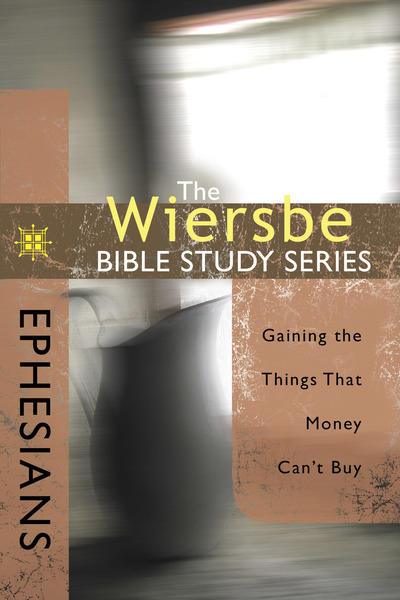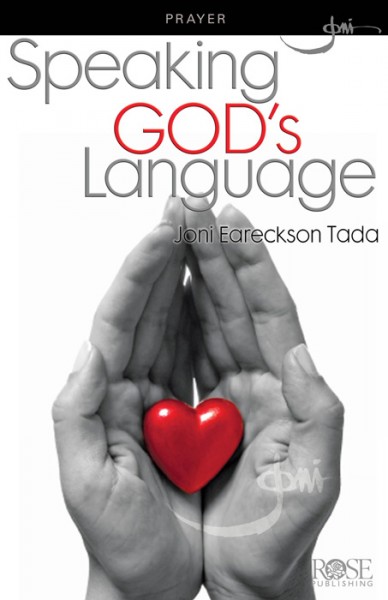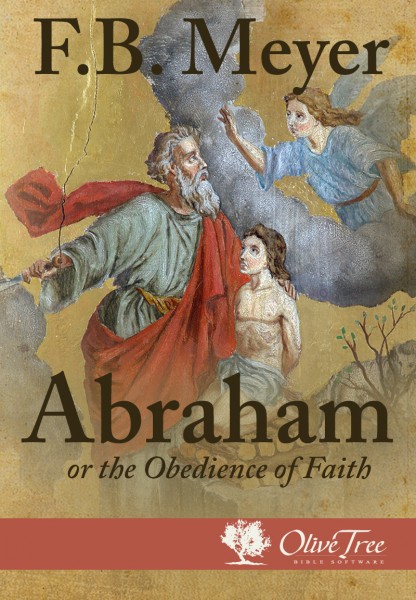



The Trinity is one of the most basic doctrines in Christianity—and one of the key doctrines that separates Christianity from other religions. This downloadable full color pamphlet on The Trinity explains the Trinity in clear easy-to-understand terms and illustrations.. The Trinity gives dozens of Scriptures and background documentation that supports the belief that the Father, Son, and Holy Spirit are all God, not three names for the same Person. This bestseller also answers misunderstandings that cults and other religions may have.
The Trinity pamphlet helps believers know what they believe and why they believe it about this critical Christian doctrine. In 12-pages of rich, well-research information, the pamphlet addresses topics such as:
- What Christians believe about the Trinity
- The Trinity and the Bible
- Misunderstandings about the Trinity
- How early Christians dealt with misunderstandings
- The early Church and the Creeds
- Important Bible verses and references
The pamphlet provides interesting facts about the history of the Trinity, for example:
- More than 60 New Testament Bible passages mention the three Persons together
- Theophilus, sixth bishop of Antioch, Syria, is the first person known to have used the word "Trinity" in his work, Refutation of Autolycus (AD 168)
It's probably not surprising that a doctrine that's as critical as the Trinity is at the center of numerous misunderstandings. For instance, God is not, 1+1+1=3; God is 1x1x1=1. The Trinity pamphlet addresses six of the most common Trinity misunderstandings:
- Misunderstanding 1: "The word Trinity does not appear in the Bible; it is a belief made up by 4th century Christians."
- Misunderstanding 2: "Christians believe there are three Gods."
- Misunderstanding 3: "Jesus is not God."
- Misunderstanding 4: "Jesus is a lesser God than the Father."
- Misunderstanding 5: "The Father, the Son, and the Spirit are just different titles for Jesus, or three different ways that God has revealed himself."
- Misunderstanding 6: "Jesus wasn't really fully God and fully man."
The Trinity pamphlet reveals how early Christians addressed these misunderstandings through some of the earliest statements of faith including:
- The Apostles' Creed written in the second century
- The Nicene Creed AD 325
- Athanasian Creed written c. AD 400
- Chalcedoian Creed written in AD 451
One of the most powerful sections of the pamphlet includes a chart that shows that God and Jesus Christ share10 key traits that are mentioned in the Old Testament as applying to no-one but God. Another chart shows seven Divine attributes shared by Father, Son and Holy Spirit with Scripture references for each.

